During my last pastoral visit to the village of La Sabana, home to almost forty families between the Chamelecón and Ulúa rivers, I had the opportunity to share with them and learn about an interesting experience, which has filled me with joy and will surely serve as inspiration for others.
We celebrated the feast of Our Lady of the Rosary, patron saint of the community. This year, for the second time, the celebration took place without the usual firework display and other festivities. We did, however, have the joy of celebrating the Eucharist, the joy of coming together as a community, and the joy of seeing the smiles and the enthusiasm of the children. To better keep our distance and take advantage of the shade of the mahogany trees, we celebrated the Eucharist outdoors. We then shared rice and tamales to nourish the body and at the same time engaged in conversation to catch up on family happenings … and we did this while the children played tirelessly without feeling the heat.
“We have a savings club,” said a middle-aged man. This was something new. Actually, not so new, because they started this club in 2019. But this is something that they feel more and more proud of and convinced about.
This savings club is an initiative of what we can call “social economy”. One day a week the members of the club meet and make their contribution, in this case, 20 lempiras a week (about 70 cents). With the contributions, a fund is established and is kept in a locked box. The box has three padlocks, and the corresponding keys are guarded by three club members. With the money that is accumulated, they can extend small loans at low interest rates to the members of the club. In this way, a small profit is achieved from the contributions. The club operates in nine-month cycles. At the end of the cycle, each one recovers the money that he/she contributed, and the profits are distributed: one part is destined for social purposes, the rest is divided equally among the members. Thus, after each cycle the box is empty, and members can decide whether to start a new cycle.
Someone might wonder what are the advantages of belonging to the club, if in the end one acquires only a little more than what was contributed? On the one hand, these clubs teach members to save, manage, and work as a team. In addition, in case of need or if one wants to make an investment, the member can access a quick, simple loan (with reduced interest), without having to deal with banks. This provides support for small business ventures and provides assistance in the case of unforeseen expenses. People are able to repair their homes, buy better work tools, etc. The club also has had a positive impact on the community because part of the profits are dedicated to a social purpose. Finally, the club has its own legal status, which provides them with representation before certain institutions from which they can receive aid.
The members of the Sabana Club received guidance, legal and financial advice, formation and support from the NGO Marine Studies Center This NGO also supported them with a reforestation program on the banks of the river (mangrove recovery) and, more recently (in May 2021), with the installation of a pig farm that belongs to the Club and which they work together. The project began with 14 pigs. Five months later, they have been able to sell 10 of these pigs after they have been fattened, and they kept three sows that were about to give birth. Once they give birth to the piglets, each family will receive one piglet and the rest will be raised on the farm. The profits derived from this initiative are placed in the club box and distributed equally at the end of the savings cycle (9 months).
As already stated, a part of the Club’s profits are destined for a social purpose. The conclusion of the first cycle coincided with the arrival of Hurricanes Eta and Iota, which left the entire village underwater, including houses and farmland. Through the profit-sharing process, each family in the village was given food and as a result there was no need to request external assistance. At the end of the second savings cycle, they allocated the profits to repair the school and purchase school supplies since everything was lost during the hurricanes. The result is impressive: just a few months after the hurricanes, the village has a school (a small school … it only has one classroom) but a school that has been repaired and is well-equipped (in other parts of the country, schools damaged by hurricanes have not yet been repaired and classes are still being held virtually, except in some rural areas).
In summary, the Savings Club has provided people with a means for mutual support and local economic development. This has also resulted in people remaining in their community and not looking for something better in another place and thus, uprooting themselves. In light of the neoliberal dogma in which each individual is encouraged to seek his/her own self-interest above the common good (the famous invisible hand of Adam Smith which today is rightly questioned), the people in this community discovered that working together as a team and seeking the common good does produce development and well-being … and well-being not just for a few, but for the community. Alternative economic forms are possible, fairer, more sustainable, more humane and more respectful of the environment. These are initiatives that promote what has been called “systemic change” … a way to overcome reliance on “handouts” and promote authentic development.
Iván Juarros, C.M.
Source: Bulletin of the Province of Zaragoza, Congregacton of the Mission (October, 2021).



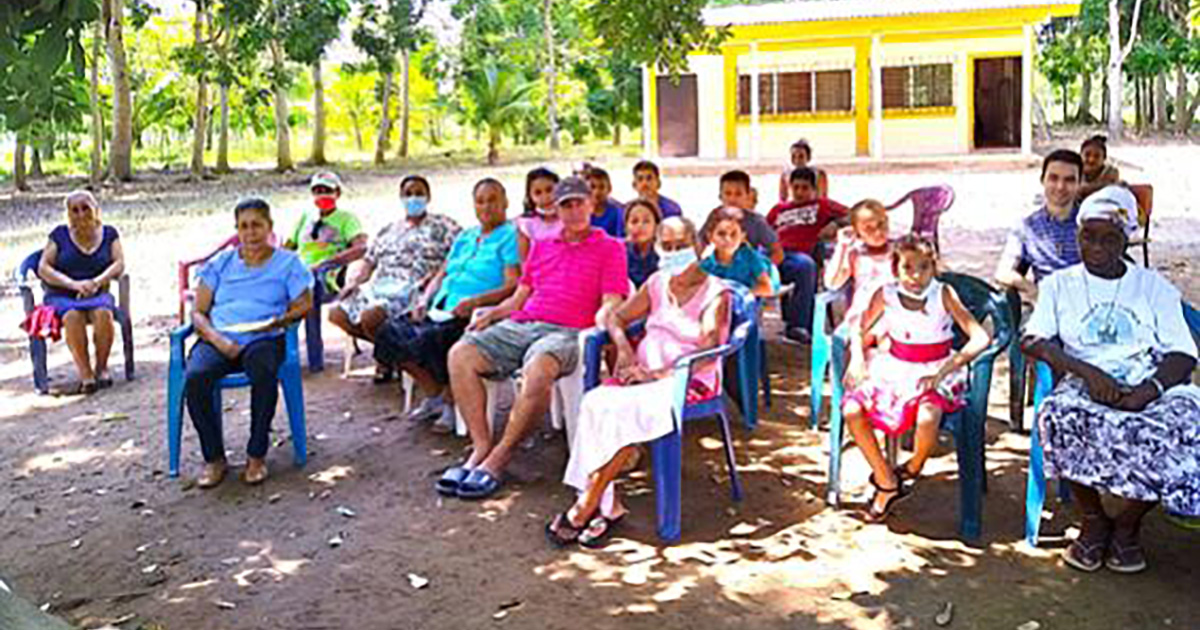
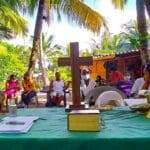
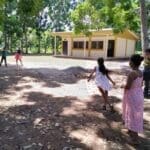
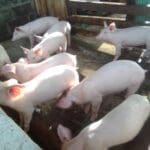
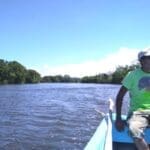




So inspiring to read and see that the Spirit of God which is our Vincentian spirit is actually working in and with God’s people.